Text
"Eugène de Beauharnais was Napoleon's stepson": unoriginal, fixes Eugène to the Napoleonic era, reduces him to his connection to the Bonapartes
"Eugène de Beauharnais was Empress Sisi's uncle": original, puts Eugène in a broader historical frame, highlights his connection to the Wittelsbachs
32 notes
·
View notes
Text

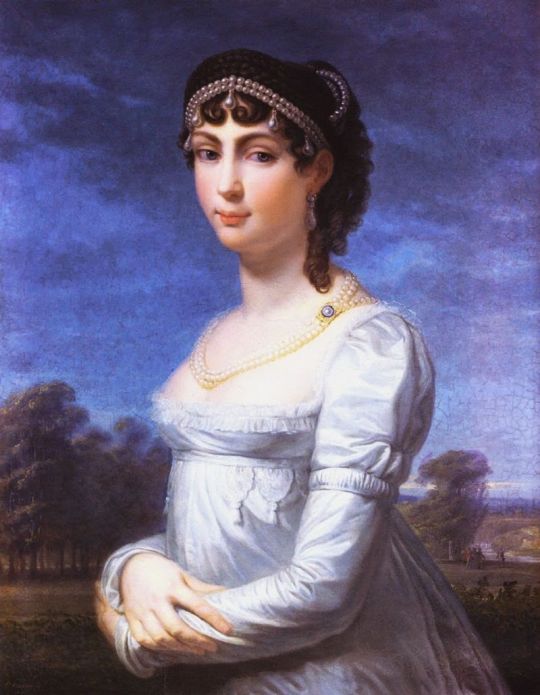
Princess Auguste of Bavaria writing to her brother, the future King Ludwig I of Bavaria, about Eugène de Beauharnais for the first time:
12 April 1805:
I even believe that Herr Otto [the French ambassador in Munich] had the order of asking my hand for Eugen Boharnet (sic); if [the engagement] with the Prince [Karl of Baden] wasn't so certain, a negative answer would had been dangerous; I do not even want to think the shame that it would have meant for our house
Princess Auguste of Bavaria writing to her brother, the future King Ludwig I of Bavaria, about Eugène de Beauharnais thirteen months later:
4 June 1806:
My husband deserves to be your brother-in-law... He has been ten days absent and I have never felt so abandoned; I could not stand a longer separation. And the Emperor [Napoleon] imagines that I'll decide to go to Paris to give birth. He is wrong. Eugène can not abandon Italy for a long time, and I will not separate from my husband
128 notes
·
View notes
Text
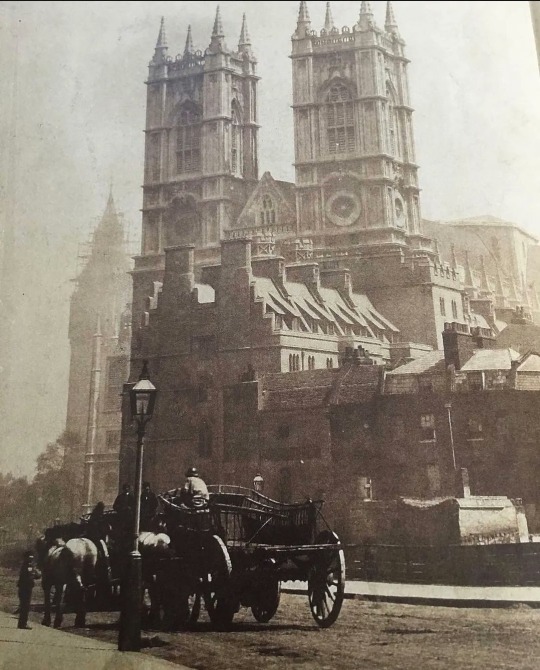
Westminster Abbey in the 1850s, showing Big Ben in the background in the final stages of construction.
271 notes
·
View notes
Text
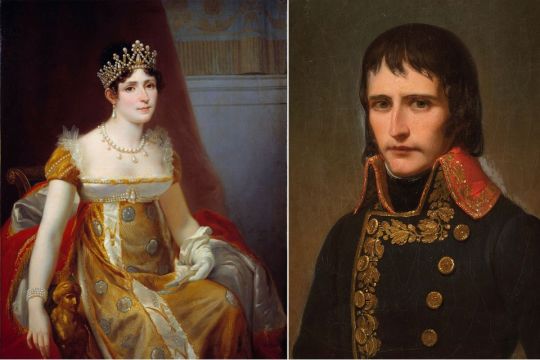
228 years ago today (9 March 1796) Napoleon and Joséphine got married 💍💞
106 notes
·
View notes
Text
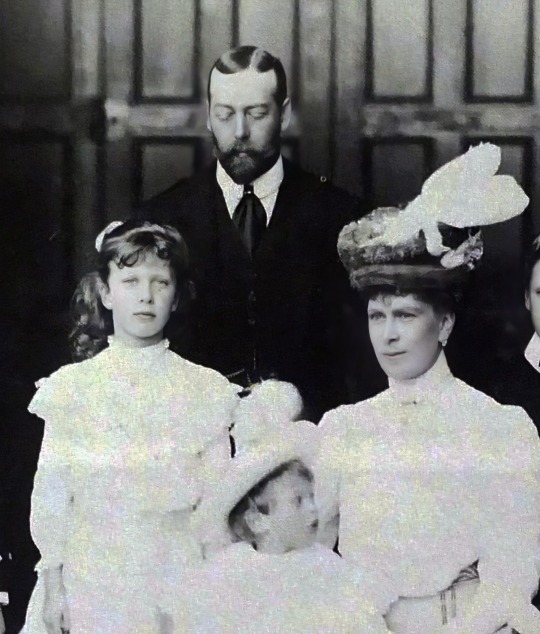
George V letter to his 'little butterfly' as he called his daughter Mary, 1905.”
“I was delighted to get your letter this morning…Your French is beautiful and your writing much improved. I am also pleased to hear that Mademoiselle is quite satisfied with you and that you are getting on well with your lessons…I am sure you could easily beat me at golf now as you have been playing so much lately.”
84 notes
·
View notes
Text
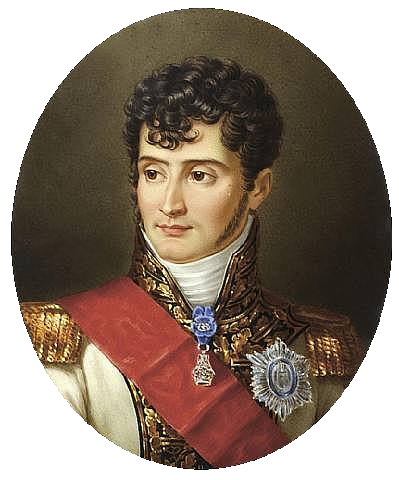
Jerome Bonaparte.
The youngest of the four Bonaparte brothers and also the only sibling living to see the Second Empire. (Not that he was very fond of Napoleon III.)
And this apparently despite a lead bullet lodged in his sternum from a duel with Davout's brother. A duel fought over a woman. When Jerome was 15 years old.
Mostly known for his extravagance and expensive taste. And - that's why I love him best: for being completely undeterred by big brother's obligatory sermons.
Also much more intelligent than people give him credit for: Like it or not, Naps, but Jerome did not go to Moscow...
23 notes
·
View notes
Text
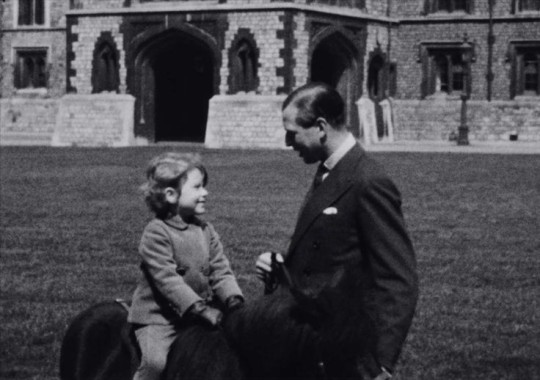
Lilibeth with her uncle, the Duke of Kent prince George at Windsor Castle in the early 1930s. Here she is riding her first pony, which was given to her by her grandfather King George V , a Shetland called Peggy
📷: “Elizabeth: The Unseen Queen”/ Private footage of The Queen
130 notes
·
View notes
Text
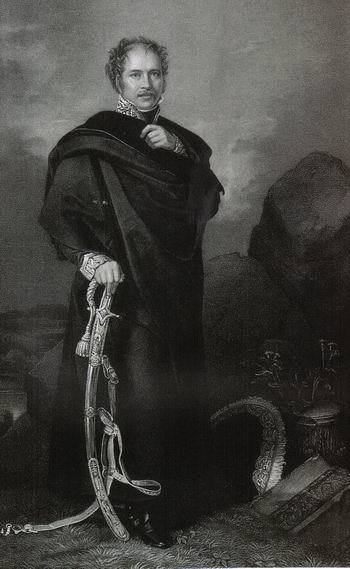
Eugène de Beauharnais, former Viceroy of Italy, then Bavarian Duke of Leuchtenberg, son of the French Empress Josephine from her first marriage, stepson of Napoleon, died 200 years ago today on 21 February 1824, in the Leuchtenberg Palace in Munich, only 42 years old. The painting seems to have been done a short time before his death, as he seems already marked by his illness.
In Eugène's memory, here again is a translation of what his widow Auguste noted in her diary two years before her own death, on 14 January 1849 (her wedding day):
Back then, the future seemed bright. However, at first I only felt happy because I could prove to my father how much I loved him, my family and Bavaria … It was only when I recognised Eugène's beautiful, good and brilliant qualities that I considered myself lucky to be his wife … I loved him so deeply from the bottom of my soul that I wouldn't be jealous when I realised he was singling out another woman, which happened quite often, I just despaired that there was anything to criticise about him. It was wrong that he never learned this, because it prevented him from recognising my benevolence to its full extent. He would certainly have placed his complete trust in me.
As far as I am concerned, remembering how young Auguste in 1805, in concert with all her princely family, had fought tooth and nail against this "shameful" marriage, and how she a couple of months later claimed to be unable to live without her sweetheart, will never cease to make me laugh. Even on the anniversary of Eugène's death.
And presumably, considering how much he liked to laugh himself, he would have loved that.

(The "Leuchtenberg monument" in St.-Michael's Church, in honour of Eugène. His grave is in the crypt below.)
47 notes
·
View notes
Text
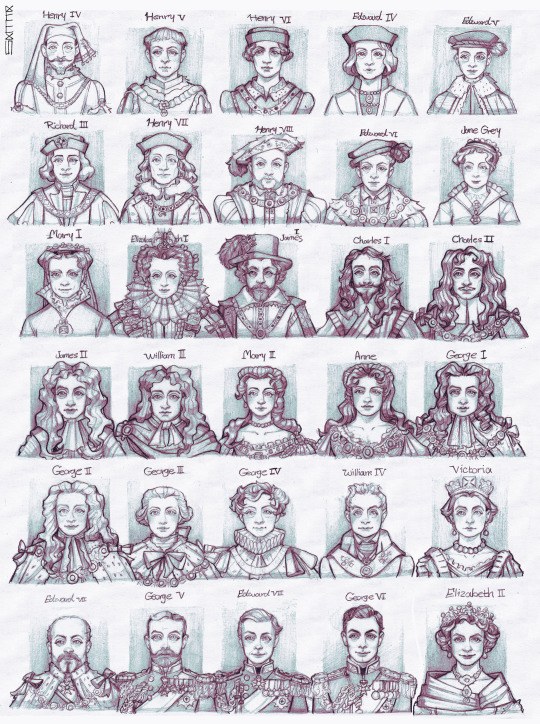
Something I had done years ago on A4 size paper. I think I skipped a few due to lack of space. Kings and Queens of England (after king Henry IV)
695 notes
·
View notes
Photo

A name made for royalty…
With the recent announcement of the Royal Baby name, it leads many to question… how does one decide on the name of a future monarch?
Prince George Alexander Louis of Cambridge has the makings of a regal and stylish king, but in all likelihood that would only be a coincidence.
Clearly, Prince George has been the long running favorite name of the people. Numerous Kings of England have chosen George as their regnal name. The last monarch to do so was Queen Elizabeth’s father George VI.
George VI held a number of titles throughout his life, as successively great-grandson, grandson and son of the monarch. As sovereign, he was referred to most often as simply The King or His Majesty, but just after his birth, he was christened His Highness Prince Albert Frederick Arthur George of York, Saxe-Coburg and Gotha, Duke in Saxony.
Until 28 May 1898, Prince George was styled His Highness by virtue of both his British and Saxon titles. After his elevation in Britain to Royal Highness that style masked his lower Saxon style. It is quite fitting for the Royal Baby to likely be named after his great-great-grandfather.
What many do not take into account though, is not only does the name honor the previous King, but also the current heir to the throne - his grandfather Charles Phillip Arthur George, Prince of Wales. A long standing tradition for Royal infants is to have historical names which are passed down through the generations, regardless of their position in the line of succession. Should Prince Charles also choose George as his regnal name, he will be the seventh monarch to do so in the history of The English Throne.
A modern and touching twist in honor of his great-grandmother (Elizabeth II) is the inclusion of Alexander. Shortly after her birth, The Queen was christened Her Royal Highness Princess Elizabeth Alexandra Mary of York, named after her mother, the Queen Mother, and her paternal great-grandmother, the Queen Alexandra (George V’s mother), who had died six months earlier.
Suitably the past, present, and future monarchs are all included in little Prince George’s name. Even his father, the Duke of Cambridge, made sure to leave a little bit of his legacy behind - as he was christened HRH Prince William Arthur Phillip Louis of Wales. The name Louis is likely to be a tribute to Lord Louis Mountbatten, the Duke of Edinburgh’s uncle and the last British Viceroy of India before independence in 1947. Prince Charles was immensely fond of his great-uncle Lord Mountbatten. He was assassinated by the IRA in August 1979.
With three names alone, six-generations of Windsor history come together. God Save The (future) King.
41 notes
·
View notes
Text
Bernadotte & Sweden

"In 1810 Bernadotte was about to enter a new post as governor of Rome when he was unexpectedly approached by a Swedish courtier who offered him the succession to the Swedish crown. In august the same year, Jean Baptiste was elected by the Riksdag of the Estates to be the new Crown Prince. He was adopted by King Charles XIII under the name of "Charles John" (Karl Johan).
In 1814 Sweden and Norway became the United Kingdoms of Sweden and Norway. When King Charles XIII of Sweden died 1818, the Crown Prince was crowned King, first in Stockholm as King Charles XIV John av Sverige and then in Trondheim as King Charles III John of Norway. His motto as a King were: The love of the people - my reward.
During his long reign of 26 years, the national debt was paid off, a civil and a penal code were proposed for promulgation, education was promoted, agriculture, commerce, and manufactures prospered, and the means of domestic communication were improved. It is said that it was during his reign the origin of Swedish neutrality were born."
(“Jean Baptiste (Bernadotte) Av Sverige (1763-1844) | WikiTree FREE Family Tree.” Www.wikitree.com, www.wikitree.com/wiki/Bernadotte-10.)
14 notes
·
View notes
Photo

Princess Elizabeth in 1946, at her first Royal Ascot, with her aunt Mary, Princess Royal and Countess of Harewood. From an article about royal wills and their secrecy. Royal family wills were first sealed from public gaze at the request of Queen Mary. She wanted to hide the fact that her wayward brother, the Duke of Teck, had given away royal heirloom emeralds to his mistress. ( Mary later bought them back, very irritated at having to pay for them). Mary was the royal with the greatest sense of money and possessions. She persuaded her son Henry, Duke of Gloucester, to invite two granddaughters of Queen Victoria, Princess Marie Louise and Princess Helena Victoria, to be godmothers to his sons William and Richard. She calculated, rightly, that the two elderly spinsters would leave their fortunes to the boys, which they did.
Story and photo credit, The Telegraph
Thank you❤️
26 notes
·
View notes
Text
The UK had the chance to be the funniest country on earth if after Louis xvi was executed they were just like “so happy you finally killed that usurper! Obviously king George iii is the rightful king of France, descended from Edward iii, so we’re gonna be installing him asap”
123 notes
·
View notes
Text
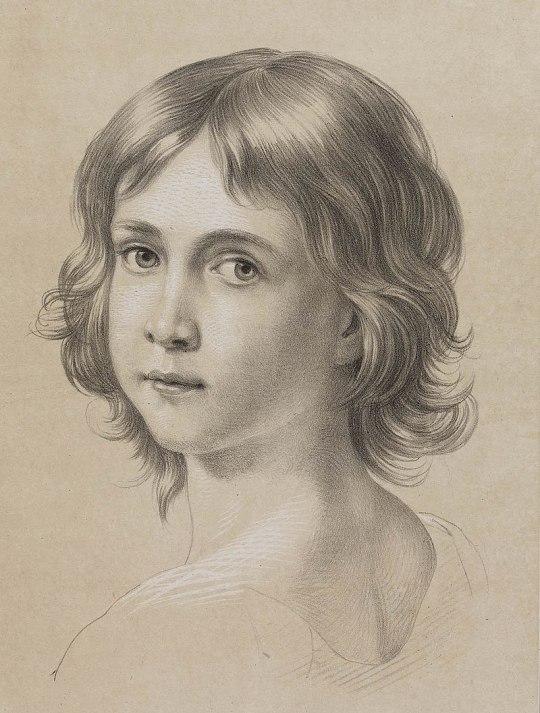

The only son of King Max I with his second wife Karoline, Max Joseph Karl Friedrich (1800-1803), did not survive infancy. Therefore, all hopes were placed in the further pregnancies of the wife. The twins in 1801 (Amalie and Elise) were still accepted with some joy. But the birth in 1805 - again female twins - caused consternation. King Max did not take it too tragically; he wrote to his brother-in-law after the birth: "After all, admit that it is praiseworthy to have a brother-in-law who produces twins twice in a row. It is the necessary consequence of having steadfastly led a well-behaved, regulated life."
But Auguste, a daughter from Max's first marriage, saw the situation quite differently: "Yesterday dear Mama came down with two girls. We are all saddened, although dear Mama is in as good a condition as one could wish for. We wanted two sons or one... I have just seen her. She looks well, but she is also sorry that she does not have a son".
Haslinger, Ingrid (2016). Erzherzogin Sophie: Eine Biografie nach den persönlichen Aufzeichnungen der Mutter Kaiser Franz Josephs (Translation done by DeepL. Please keep in mind that in a machine translation a lot of nuance may/will be lost)
ON THIS DAY, IN 1805, PRINCESSES SOPHIE AND MARIA ANNA OF BAVARIA, LATER ARCHDUCHESS OF AUSTRIA AND QUEEN OF SAXONY RESPECTIVELY, WERE BORN. The twin girls were the third and fourth daughter of King Maximilian I of Bavaria and his second wife Caroline of Baden. Sophie married Archduke Franz Karl of Austria in 1824, and they had six children, among them Emperor Franz Josef I of Austria and Emperor Maximilian I of Mexico. Maria Anna, known as Marie, married the Crown Prince of Saxony, later King Friedrich August II, in 1833; they had no children. Sophie and Marie remained close for the rest of their lives, writing and visiting each other often.
48 notes
·
View notes
Text


Eugène de Beauharnais to his wife Auguste of Bavaria on occasion of their eight wedding anniversary:
14 January, 1814
I only need to think of this day, my dear Auguste, to know that Providence protects my life. What happiness, what charms I owe to this 14 January which united my destiny to that of the most beautiful, of the best, of the most virtuous of women. It’s to spare your modesty that I avoid repeating this truth to you; because everyday I feel it and I would like to be able to love you even more, to love you as much as you deserve it. Goodbye, my good friend, may we both live to celebrate fifty years of marriage. And may Heaven above all be good enough not to call one of us without the other!
Auguste's reply to Eugène:
15 January, 1814
Isn’t my fortune enviable? I am the happiness of the one I would sacrifice my life for…; all my illusion is focused on belonging to the best of men; if it were possible, I would love him even more. And because God has been this far so good to us, I hope that he will call us to him together; even so, I pray to him daily to not let me live for more time than you.
ON THIS DAY, IN 1806, EUGÈNE DE BEAUHARNAIS, VICEROY OF ITALY, MARRIED PRINCESS AUGUSTE OF BAVARIA IN A RELIGIOUS CEREMONY. They'd had a civil wedding the day before. Eugène was the son of Empress Josephine and her first husband Alexandre de Beauharnais. Auguste was the eldest daughter of King Maximilian I of Bavaria and his first wife Princess Auguste Wilhelmine of Hesse-Darmstadt. Bavaria had only been recently elevated to the rank of kingdom thanks to Napoleon, and Auguste's hand in marriage for his step-son (whom he adopted the day of the civil ceremony) had been one of his conditions.
Although originally a political union, the marriage turned out to be a happy one. Eugène and Auguste had seven children, among them Queen Josephine of Sweden and Empress Amelie of Brazil.
62 notes
·
View notes
Text
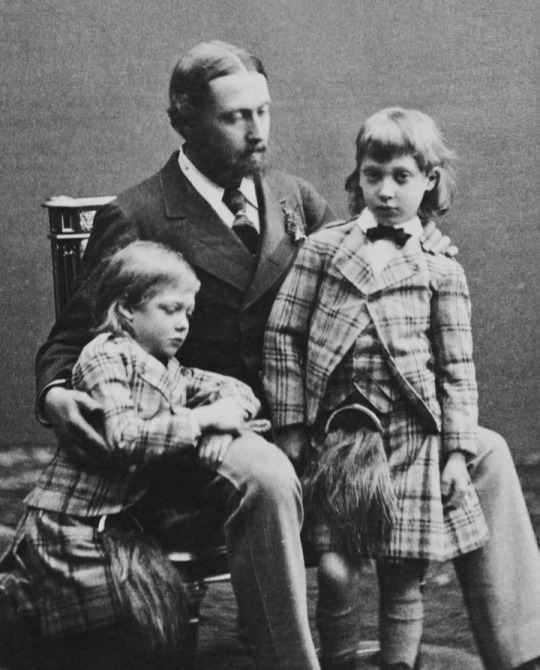

Pic 1 / Prince Alfred, duke of Edinburgh with his nephews Prince George and prince Albert Victor of Wales, nov 1871
Pic 2/ Prince Alfred with his sister in law Alexandra, princess of Wales and her sons prince George and prince Albert Victor in 1868
33 notes
·
View notes
